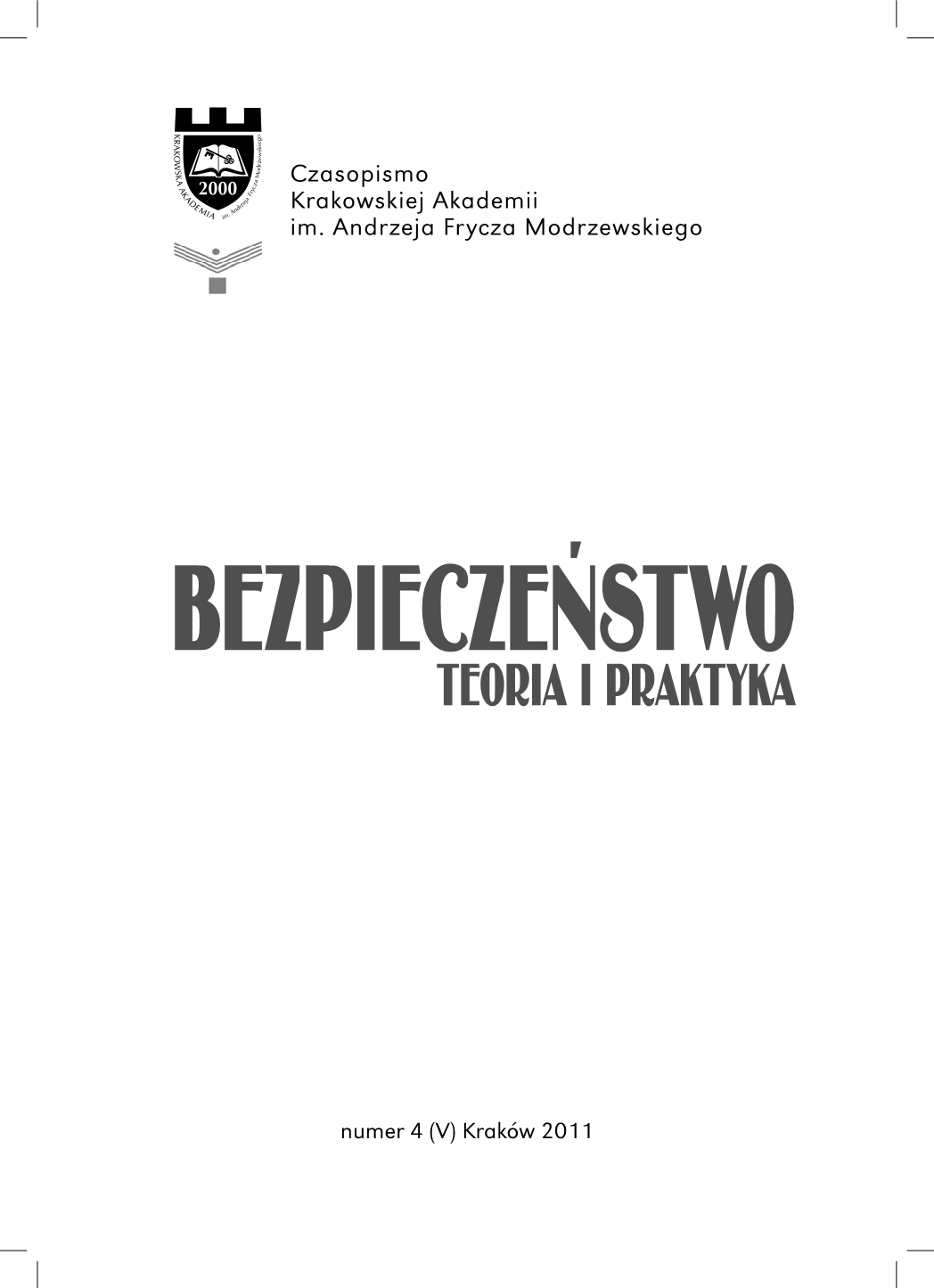Uwagi na temat środka karnego w postaci zakazu wstępu na imprezę masową
Comments on the penalty measure in the form of bans on access to a mass event
Author(s): Adam StrzeleckiSubject(s): Criminal Law, Penology, Sports Studies
Published by: Oficyna Wydawnicza AFM Uniwersytetu Andrzeja Frycza Modrzewskiego w Krakowie
Keywords: ban on access to a mass event
Summary/Abstract: No access to mass events is one way of penalty, which was introduced into the Penal Code on 20 March 2009 The addition of this provision was a response to the legislature on the developing phenomenon of crime perpetrated mass events, including the football matches. The addition of this agent to a directory of criminal matters Article. 39 k.k. is subject to a large extent, the determinants of the social system. Mass events, by their very nature, are characterized by a cluster of large numbers of people in a particular place. These events are usually available to a wider group of people, including for those who treat these clusters as an opportunity to commit crimes. To prevent a situation in which the process of committing offenses during mass events, the legislature introduced by allowing the courts bans entrance to mass events, thereby reducing the risk of such events in the course of events which may affect their safety. This measure was subject to criminal public discussion, mainly because of the effectiveness of its use in practice. The provisions concerning the prohibition of admission to public events because of the inadequacy of legislation introduced and existing loopholes (such as inability to enforce the ban on use of the predicate) has been revised in 2010 in the run-up in our country, a large mass event, which will be the European Championships in football in 2012, will be the subject of an analysis of de lege lata and de lege ferenda.
Journal: Bezpieczeństwo. Teoria i Praktyka
- Issue Year: V/2011
- Issue No: 4
- Page Range: 33-49
- Page Count: 17
- Language: Polish

